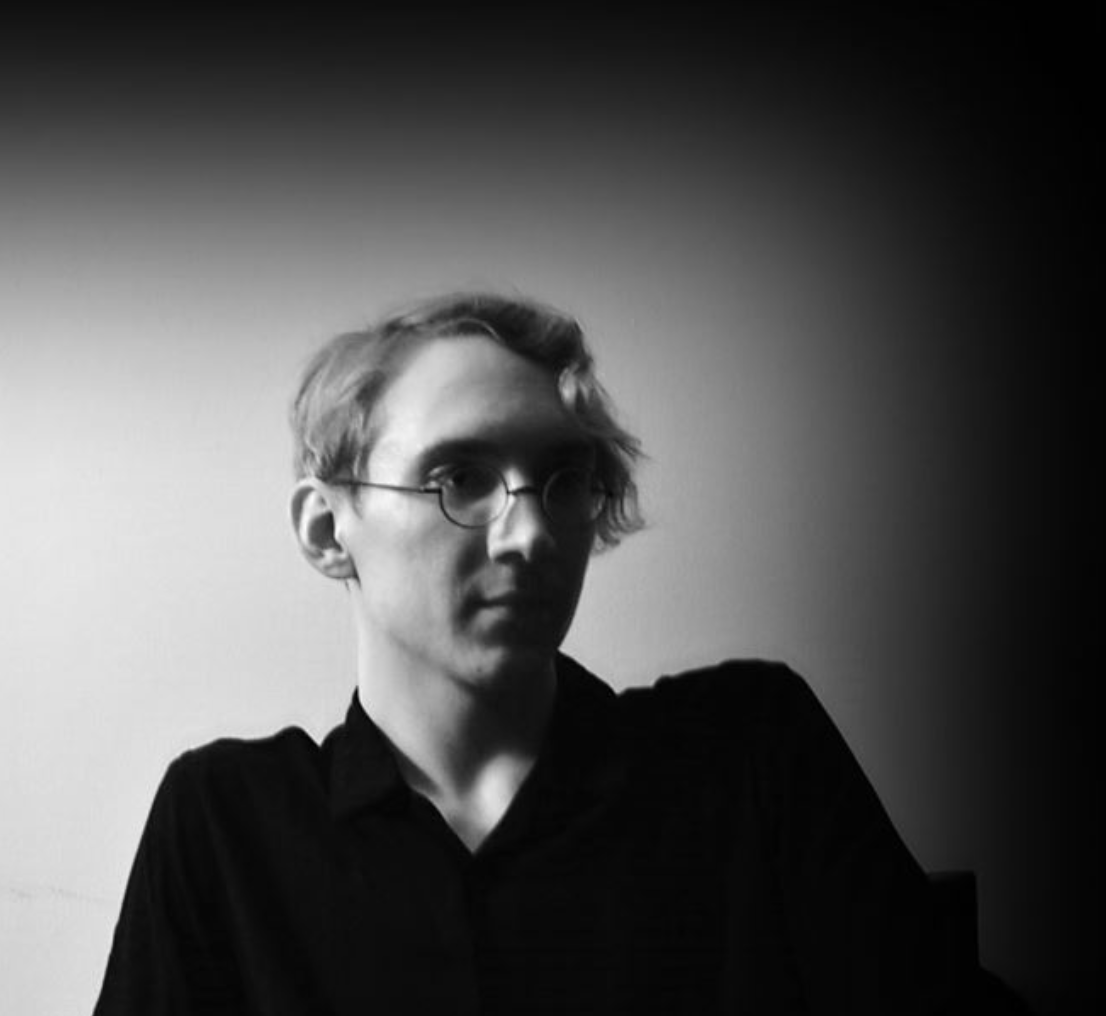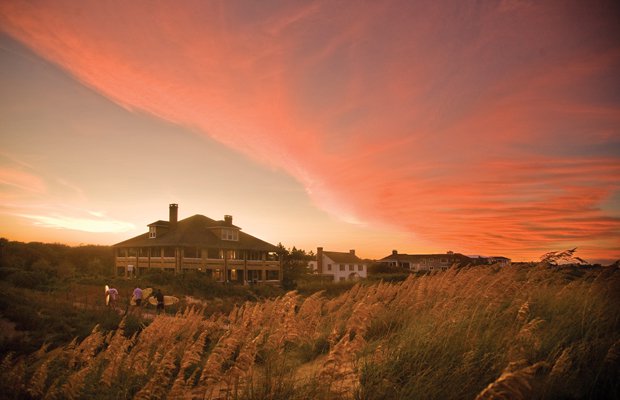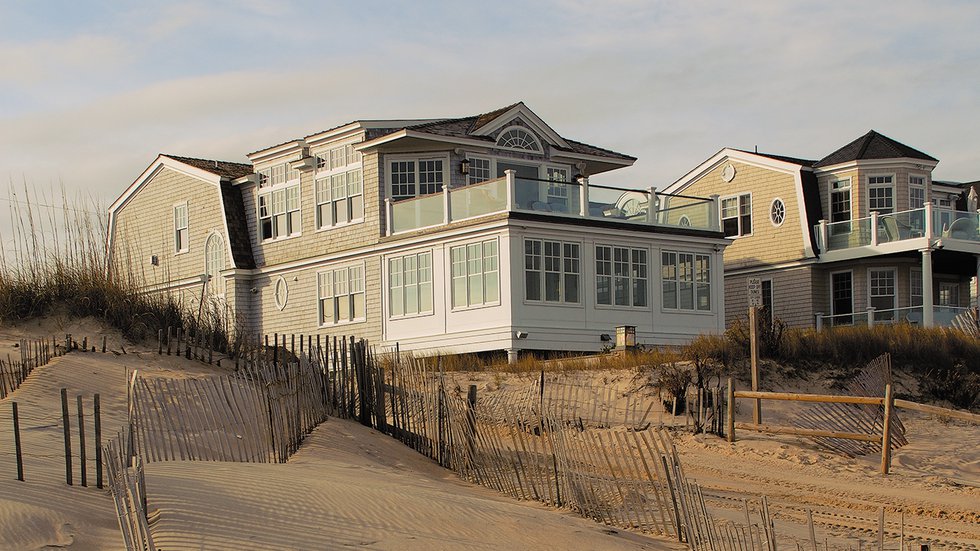It’s Colonial Williamsburg’s 75th Annual Garden Symposium and we interview guest speaker and gardener P. Allen Smith.

(Photo courtesy of P. Allen Smith)
This year’s theme is inspired by Audrey Hepburn’s quote, “To plant a garden is to believe in tomorrow.” Now more than ever it is important that we, as gardeners, create healthy landscapes for all living creatures for the future of our planet. Join featured speakers and Colonial Williamsburg staff as they commemorate 75 years of our renowned Garden Symposium, and share methods and techniques for creating gardens that benefit both humans and wildlife. April 28 – May 1, 2022
P. Allen Smith is an award-winning designer, a nationally known gardening/lifestyle expert, and the host of two public television programs, P. Allen Smith’s Garden Home and P. Allen Smith’s Garden to Table, as well as the syndicated show P. Allen Smith Gardens. He appears frequently as a guest on such programs as the CBS Early Show and the Today show on NBC, and on the Weather Channel, sharing design and gardening tips with viewers. He is a contributor for a number of national publications such as Elle Décor, House Beautiful, Southern Accents, Southern Living, and Woman’s Day, and is the author of several bestselling books.
Konstantin Rega: This year’s Williamsburg Garden Symposium theme is inspired by Audrey Hepburn’s quote: “To plant a garden is to believe in tomorrow.” What does this quote mean to you?
P. Allen Smith: I think gardeners are hopeful people. They see the future and they embrace it. We’ve all stood in the shade of a tree that has been planted. There’s something in all of us that spells hope, whether it’s putting out a small potted plant on a patio, creating a first-time raised-bed garden, or participating in a community garden.
And how did you get into gardening?
I’ve always gardened ever since I was a child. I was encouraged by my family who were farmers and teachers and nurserymen. So I had that encouragement as a young person. Then I studied garden design at the University of Manchester. And there, I was inspired by Prince Charles’ advocacy of embracing the natural world and following organic practices for better, more effective stewardship of the land.
I’m a big advocate for historical preservation as well and have fond memories of Colonial Williamsburg as a child.
You’ve said that you try to “blur the line between indoor and outdoor.” Can you explain what this means?
There’s an artificial line between inside and out. I try to bring nature closer to you inside the home. And then create comfortable living spaces outside where you can connect to nature. I think many people suffer from a sort of nature-deficit syndrome. And connecting with nature is more important today than ever before. We get a higher score of well-being when you’re in nature or even on a terrace with some potted plants.
For those who don’t have a huge space, what do you suggest?
I think container gardening is a good entry point for those with limited space and for first time gardens in general. Contained but mobile. Some of the benefits are possibly growing edibles, having something beautiful in your environment, and an overall better sense of well-being. Also, containers with pollinator plants—plants that are beneficial to pollinators like bees and birds—are very helpful to the surrounding community and environment.
Another opportunity in a small space is to garden vertically—on walls or fences—using a trellis or some sort of container-support system. It’s all subject to the amount of light throughout the day.
How do you suggest we encourage wildlife to flourish?
I’m an organic gardener, and the first thing I tell people is to stay away from pesticides and petroleum-based fertilizers. One of our practices, “No Mow May” is meant to help the plants that birds rely on for nest-building and food.
And so what are some indications of a healthy ecosystem?
I embrace the idea of biodiversity. If there are a wide range of plants growing there, that’s a high indicator of a good lawn. My lawns have up to 20 species of plants in them. What’s not natural is the mono-cultural lawn.
What are some techniques you implement in your garden?
Since I was a student, I’ve also looked for better alternatives in the garden world, where we can embrace better practices like rain-water harvesting, looking to native plants for landscapes, focusing on “pollinator power,” what plants bring habitat and food, how can we reduce our addiction to chemicals. So I frame all my decisions around that sort of thinking. What impact is this going to make both short- and long-term?
What are you looking forward to in the future with gardening practices?
Where I would like to see us go is to recognize what’s going on around you. We’re losing biodiversity not only in plants but in food. In the 19th century, there were hundreds if not thousands of different species of apples. Now when I’m at the store, it seems like we just have three types of apples.
What we can do as citizens focused on better stewardship is to support local farmers that are growing different types of crops. Going to farmers markets and local growers is the first step to supporting a better community.
Is there anything that you’ve experienced that is a sign of hope for the future?
In my own community, I’ve seen an increase in restaurateurs using local growers. We’re seeing more and more farmers markets and regular patrons there. And most of those farmers are now organic growers.
I also see a greater awareness of embracing native plants—it’s the amplification of the existing landscape by adding more native plants consistent with the ecosystem to offset the degradation of land in other places.
Americans seem obsessed with the “perfect lawn.” Green, lush, and of no value other than a conventional aestheticism. Could you speak to this?
Well, it’s about adjusting our way of thinking about “what a lawn looks like?” What’s wrong with having a yard that has a wilder look and providing habitats and food sources for other creatures in the ecosystem? It’s about resetting the way we look at the landscape.

Whitney Thornberry as a gentry lady in the Governor’s Palace Garden in late Summer. Shot for Summer 2017 Trend & Tradition Magazine. Restricted until publication unless approved first by Katherine McDonald. MODEL RELEASED
Image courtesy of The Colonial Williamsburg Foundation

Image courtesy of The Colonial Williamsburg Foundation

Stock; Tulips in the Chiswell-Bucktrout House back yard;
Image courtesy of The Colonial Williamsburg Foundation
Click Here to register for in-person (which ends on April 8) and online events.








